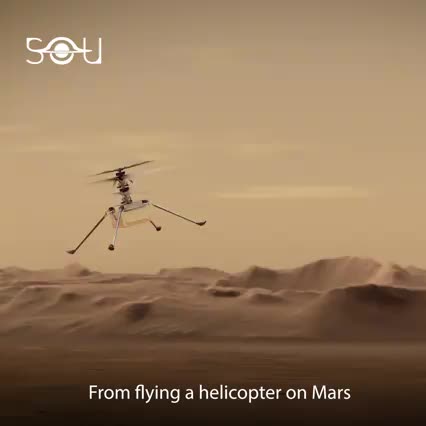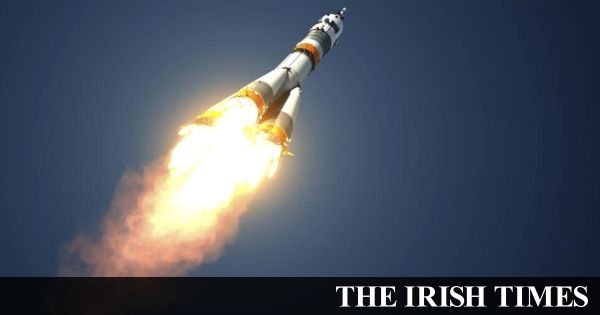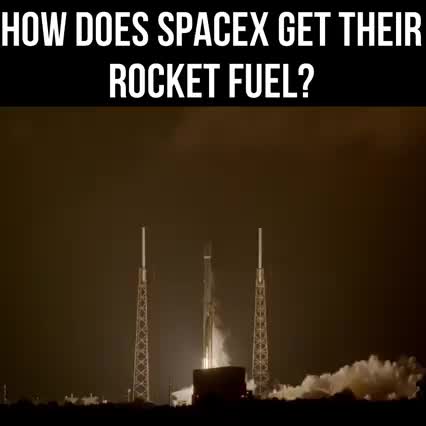
Category: space travel – Page 291

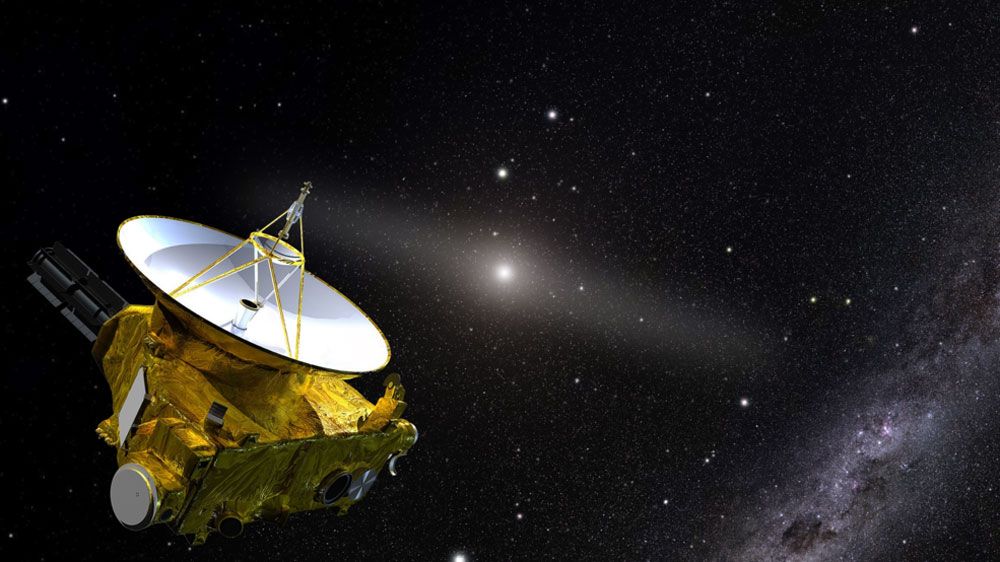
What New Horizons Found in Deep Space — And Why It Matters
NASA’s mission to the outer solar system has found more light than expected. That could mean more galaxies in the visible universe than we thought— or less, depending on who you talk to.
Point a telescope at a square of space and you’re liable to see something — stars, galaxies, interstellar gas. Now, subtract everything you already know about, and you ought to see nothing — black space. Right?
Wrong, according to scientists on the New Horizons team. The spacecraft that flew by Pluto, Charon, and another Kuiper Belt object named Arrokoth has now turned its camera to far-off vistas, only to discover that there’s more light there than we expected. That could have huge implications if it pans out, but tallying all the universe’s light sources gets a bit complicated.
New high-tech spray-on coating can make buildings, cars, and even spaceships cooler
This coating might prove useful for several sorts of applications.
Managing temperatures in particularly hot and sunny climates can be very difficult even today. You can use air conditioning to displace the heat from inside structures and vehicles, but it sucks up so much power and can generate pollution that ultimately makes temperature problems even worse.
One step closer to Artemis missions to the Moon 🚀
We are targeting a two-hour test window that opens at 4 p.m. EST on Sat., Jan. 16, for the hot fire test of the NASA’s Space Launch System rocket core stage at our Stennis Space Center. The hot fire is the eighth and final test of the Green Run series, to ensure the core stage of the SLS is ready to launch NASA’s Artemis Program missions to the Moon. This will be the first time that all four RS-25 engines will be fired at once in order to simulate a launch, generating 1.6 million pounds of thrust.
Live coverage begins at 3:20 p.m. EST. Use the hashtag #AskNASA and your questions might be answered on air 🚀
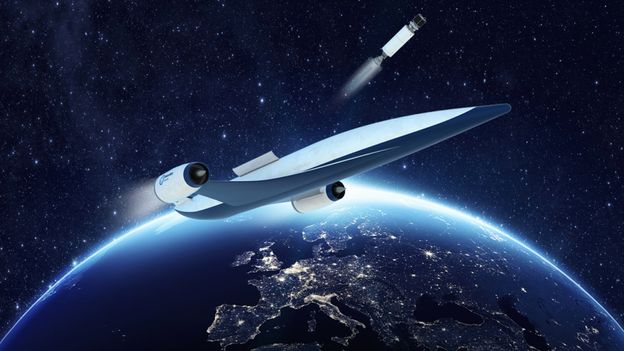
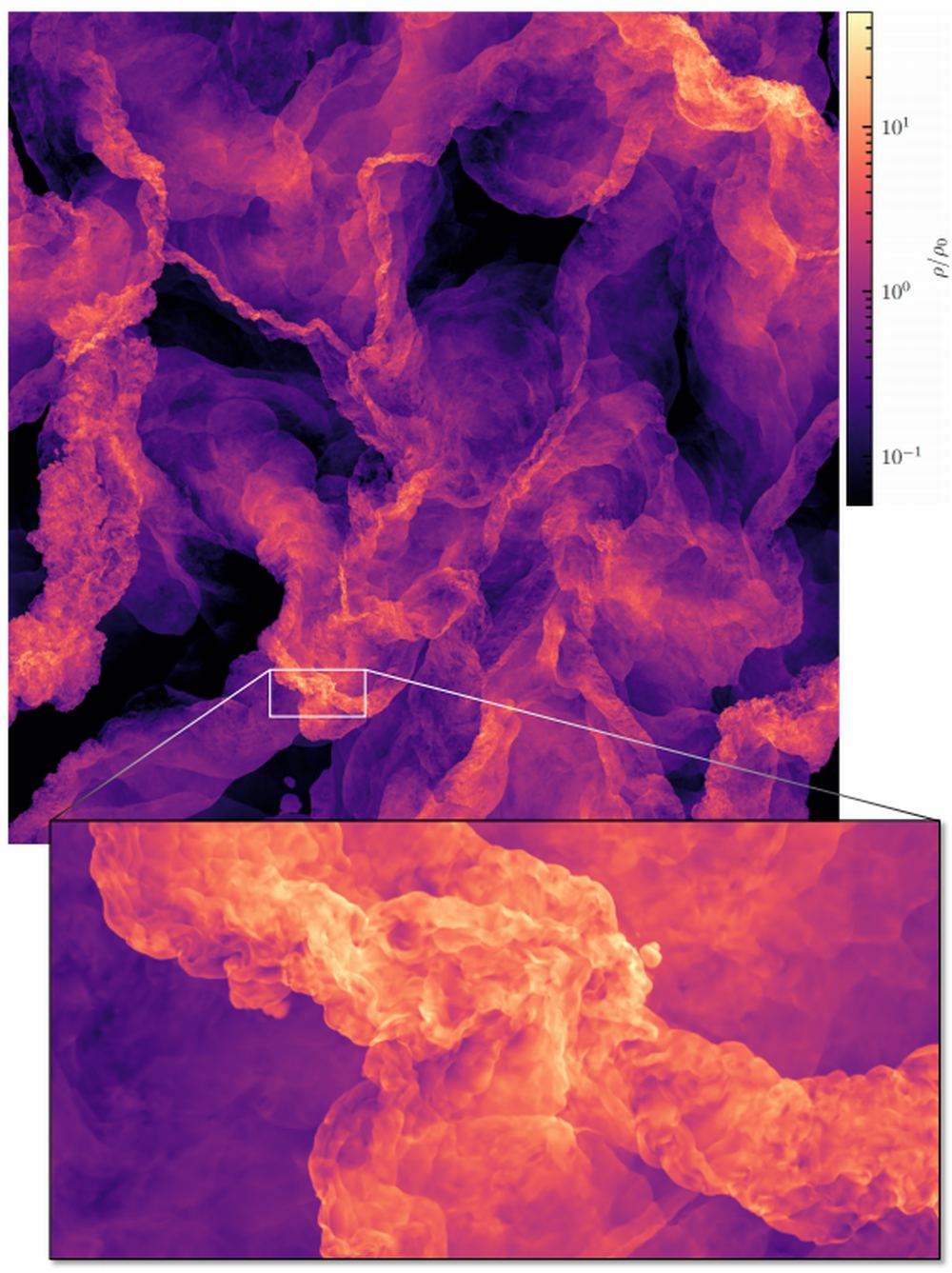
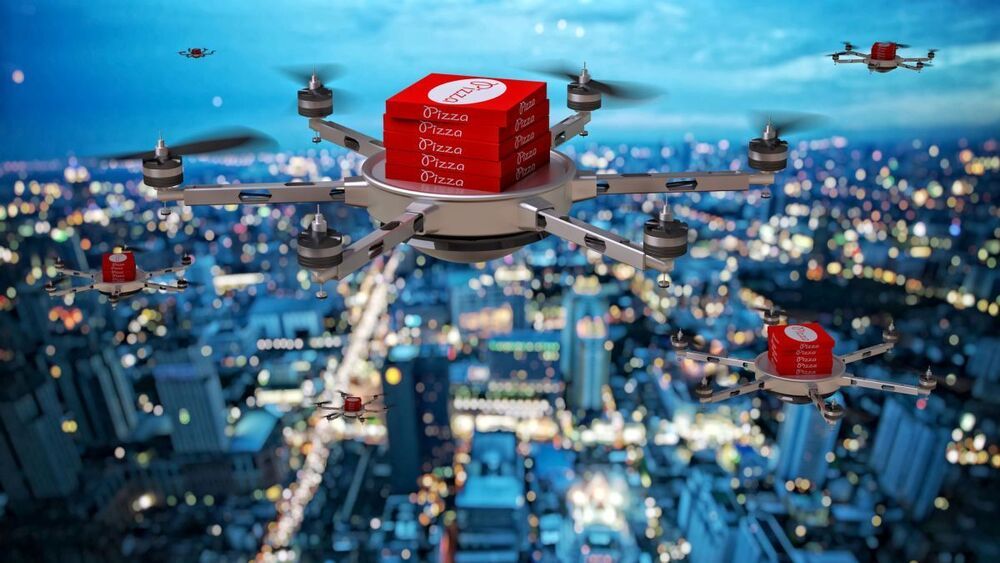
Pizza Hut tests drone delivery to drop zones in Israel
Since the dawn of time, humankind has looked to the skies and sought to conquer them. For thousands of years we tried and failed until, at last, we could soar amongst the birds. We built biplanes that danced upon gusts of wind, strapped sails to our back and leapt off fog-drenched mountaintops, launched warplanes into the wild blue yonder to rain terror from above. The heavens were soon streaked with the vapor trails of jumbo jets; the oligarchy used its deep pockets for casual jaunts to the threshold of outer space. And then, with the skies at last firmly in our dominion, we once again turned our eyes upward and declared, “Know what would look great up there? Pizza.”
The technology to flood our skies with millions of pizza boxes does not exist just yet, but it’s taken a huge leap forward in Israel, where, The Wall Street Journal reports, Pizza Hut is launching the world’s first ever full-time drone delivery service. The pilot program is being heavily regulated by the government, and Pizza Hut’s human delivery drivers don’t need to worry about being replaced (yet), as the drones will not be making direct-to-customer drop-offs. Instead, the flying robots will bring multiple orders to designated landing zones outside of Pizza Hut’s normal delivery radius, where they’ll be picked up by a driver who will take the pizzas to their final destinations.
The drones’ home base will be a Pizza Hut located in Bnei Dror in Northern Israel, and will allow the restaurant to provide delivery service to an additional 7000 households. The Ministry of Transportation has limited the drones’ flight area to about 50 square miles, and each drone’s limited battery life means there’s little chance of one going rogue.

How SpaceX, Blue Origin, and Virgin Galactic plan on taking you to space
Billionaires Elon Musk, Jeff Bezos, and Richard Branson all want to send private citizens to space. Their respective companies, SpaceX, Blue Origin, and Virgin Galactic are dedicated to making space travel and space tourism more accessible.
Narrator: SpaceX, Blue Origin, and Virgin Galactic are in a modern space race. Similar to when the United States and the Soviet Union competed to get astronauts on the moon, these billionaire-run companies are racing to bring people like you and me to space. But how will they do it?
Let’s start with Blue Origin, the passion project of Amazon CEO Jeff Bezos. Blue Origin’s focus is on commercial space flight, or space tourism. It plans to shoot a booster rocket with an attached passenger capsule to 60 miles above the surface into sub-orbital space. At the top of the rocket’s arch, the capsule will detach, and for about four minutes, passengers will experience weightlessness. They’ll be allowed to unbuckle their seat belts and float around the cabin, looking out the window at the curvature of the Earth. The capsule will then start to fall back into the atmosphere, and parachutes will deploy to bring it down slowly. The whole trip only lasts about 11 minutes. A ticket on Blue Origin’s New Shepard will likely cost more than $200000. That’s over $18000 a minute. Blue Origin has tested the New Shepard rocket nine times, and the company still hopes to send civilians into space in 2018.
